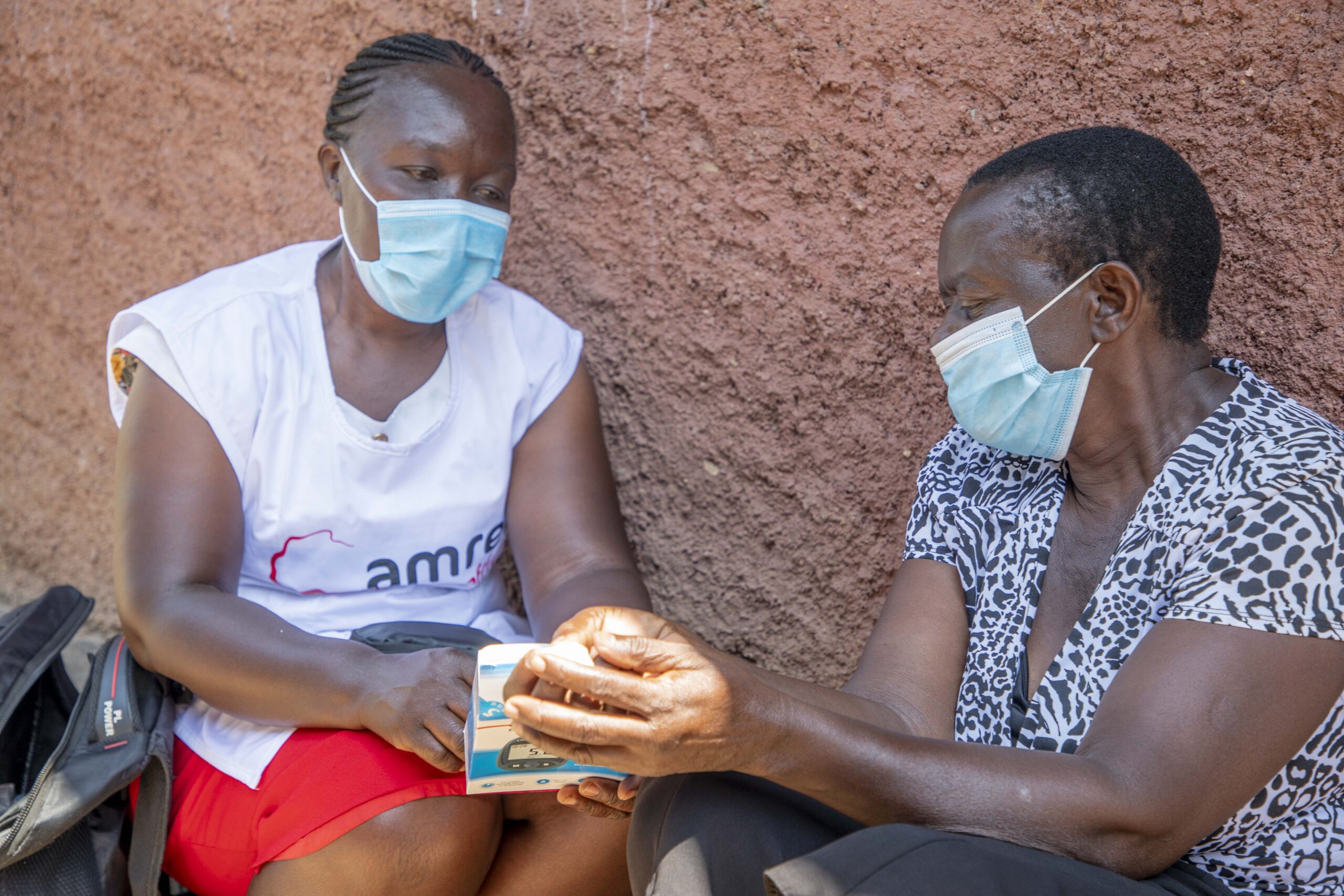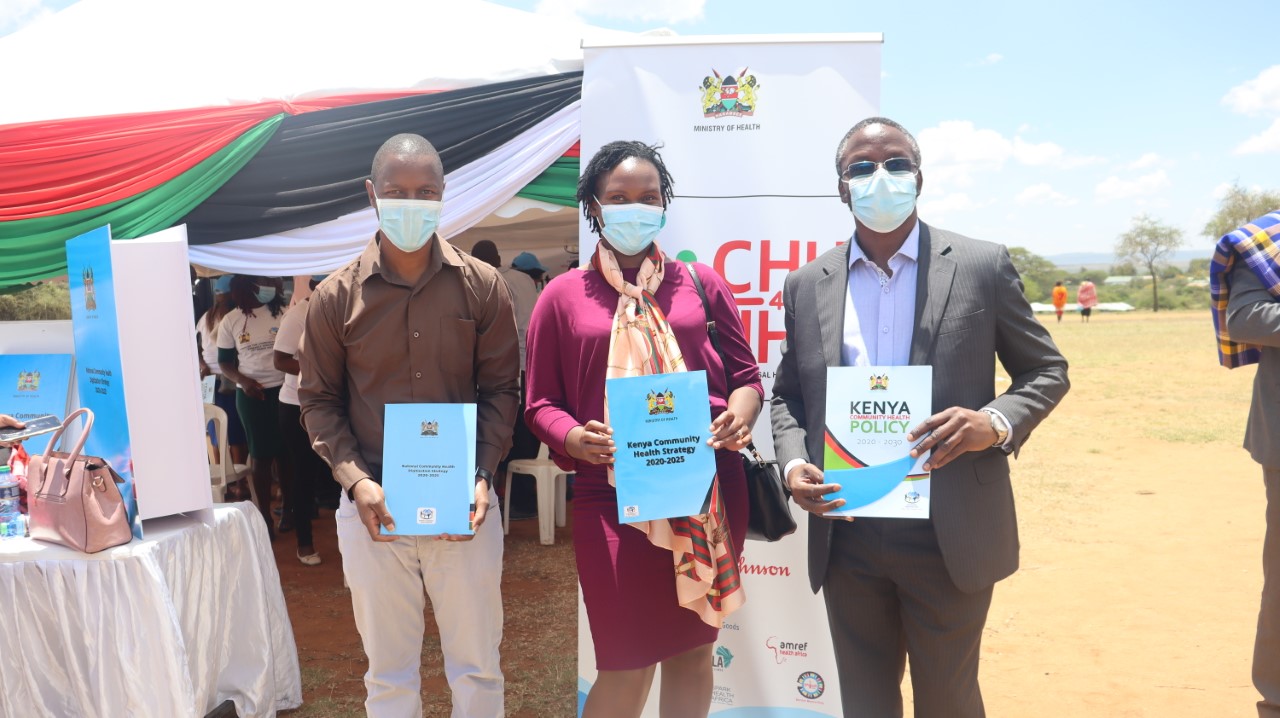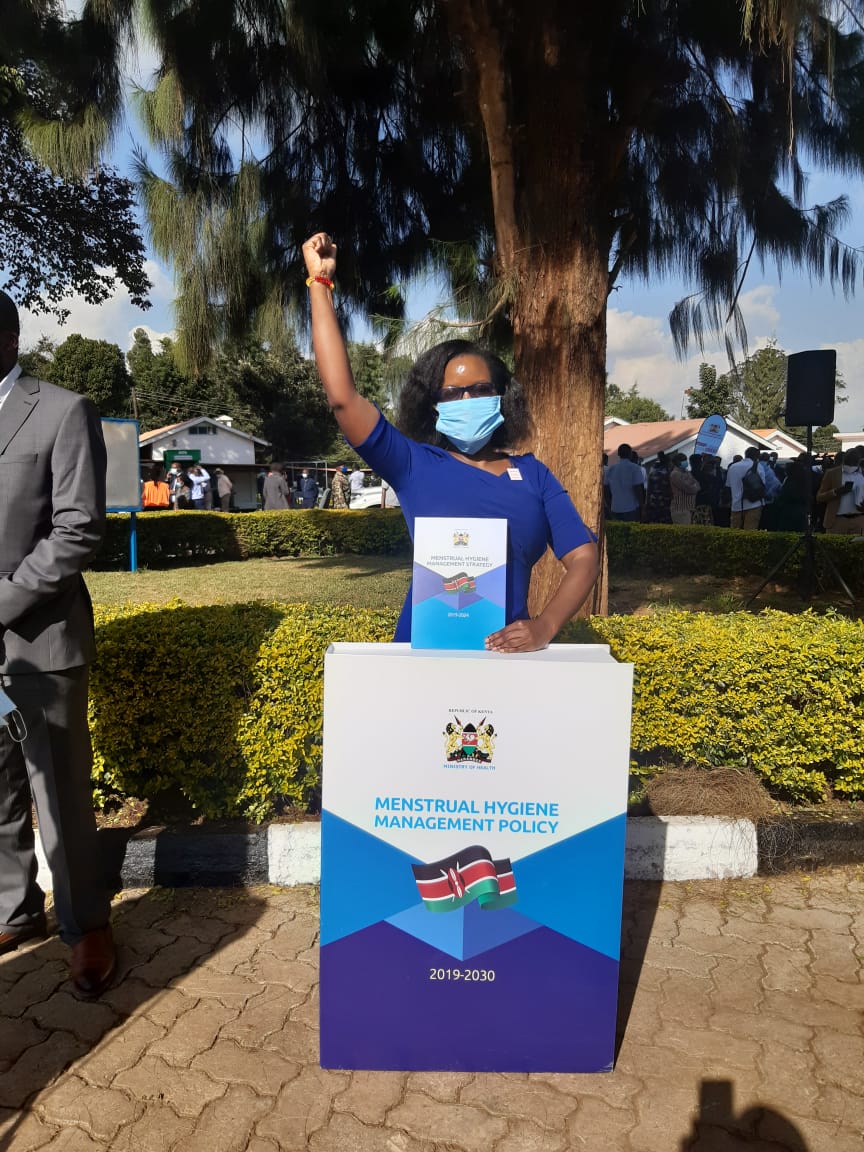Samburu Muslim Women Embrace Cervical Cancer Screening
Wednesday, 24 July, 2019

Article by USAID/Afya Timiza Project
“Despite the lack of knowledge, fears and misperceptions relating to medical examination, discomfort with male health workers and limited spousal approval; community awareness on reproductive, maternal, new-born, child and adolescent health through sensitisations done by Sheikhs and Imams is saving the lives of Muslim women in Samburu County.” Sheikh Ahmed Medo, Chairman of the Samburu Supreme Muslim Council of Kenya.
Cancer is the third leading cause of death in Kenya after infectious and cardiovascular diseases. In 2018, the annual incidence of cancer was estimated at 47,887 new cases, with an annual mortality of 32,987. Cervical cancer was ranked the second leading cause of cancer deaths at 10% (3,266 deaths) (GLOBOCAN, 2018).
The health status of the people of Samburu County is influenced by environmental and socio-cultural factors, practices and beliefs, low literacy levels and high fertility rates as presented in the Kenya Demographic and Health Survey (KDHS 2014). According to Samburu County’s Annual Work Plan 2019- 2020, the estimated population of women of reproductive age in Samburu East and Samburu Central is 46,939, but only 189 women have undergone cervical cancer screening.
With funding from USAID through Afya Timiza, the capacity of religious leaders has been built to sensitise congregations on reproductive, maternal, new-born, child and adolescent health as well as nutrition and hygiene with the aim of improving the uptake of these services. Islamic women have also been beneficiaries of the messages disseminated by the trained Sheikhs, Imams and youth trainers of trainers (TOTs).
 To increase access to health services by the Muslim community, the Afya Timiza team conducted an outreach including cervical cancer screening at Jamia Mosque in Maralal – the first time for the project to offer services at the Mosque.
To increase access to health services by the Muslim community, the Afya Timiza team conducted an outreach including cervical cancer screening at Jamia Mosque in Maralal – the first time for the project to offer services at the Mosque.
After sensitisation on cervical screening during the outreach, eight women agreed to be screened and seven were negative while one who presented suspicious symptoms was referred to Maralal County Referral Hospital for further tests.
“I knew there was a disease called cancer but nothing else. I have now only learnt of the different types of cancers including cervical cancer through the Afya Timiza trainings,” said Foziah Juma, now a trained religious TOT.
To build on what exists, enhance progress and improve uptake of health services not limited to cervical cancer screening among the congregational and community members, Afya Timiza will continue integrating the provision of organised health services at religious platforms not limited to churches and mosques.
So far, Afya Timiza has trained 150 religious leaders from various denominations in Samburu and Turkana Counties.
Amref Health Africa teams up with African communities to create lasting health change.




